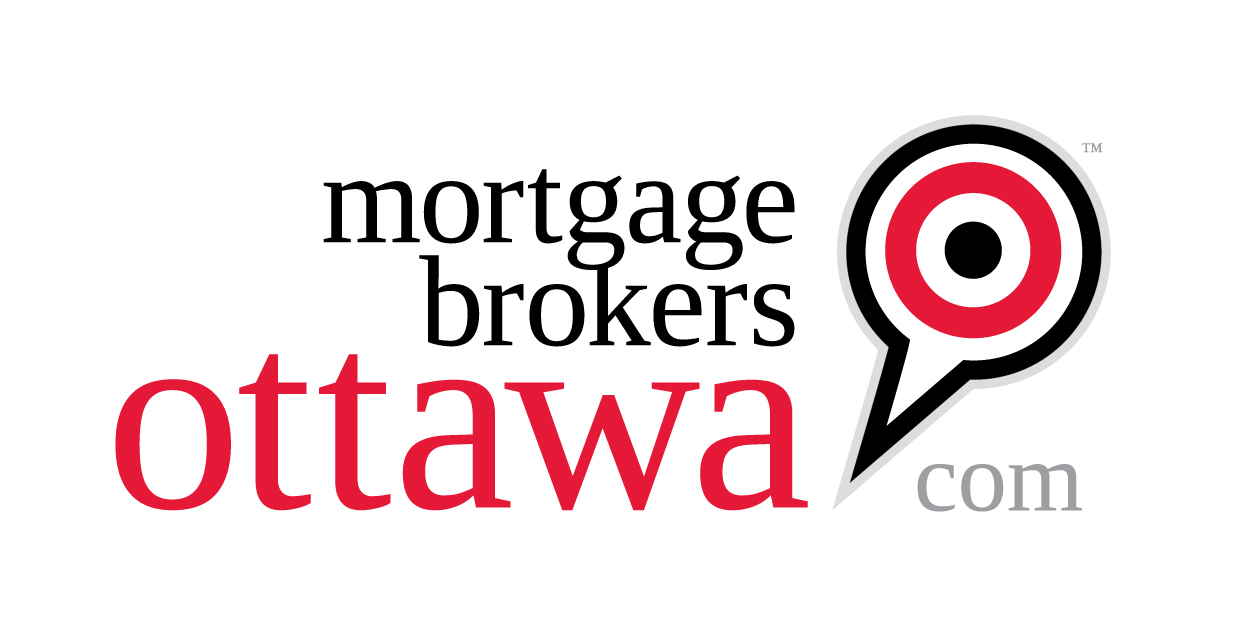The Pros and Cons of Adjustable-Rate Mortgages
The Pros and Cons of Adjustable-Rate Mortgages
Date Posted: April 17, 2024

Adjustable-rate mortgages (ARMs) offer borrowers a unique opportunity to take advantage of fluctuating interest rates, providing flexibility and potential cost savings over the life of the loan. However, ARMs also come with inherent risks and uncertainties that borrowers should carefully consider before choosing this type of mortgage. In this article, we'll explore the pros and cons of adjustable-rate mortgages and help you determine whether an ARM is the right choice for your homeownership needs.
Understanding Adjustable-Rate Mortgages (ARMs)
An adjustable-rate mortgage (ARM) is a type of home loan where the interest rate is not fixed for the entire term of the loan. Instead, the interest rate fluctuates periodically based on changes in an index, such as the prime rate or the London Interbank Offered Rate (LIBOR). Typically, ARMs have an initial fixed-rate period, followed by adjustable-rate periods where the interest rate can adjust annually or at specified intervals.
The Pros of Adjustable-Rate Mortgages
-
Lower Initial Interest Rates: ARMs often start with lower initial interest rates compared to fixed-rate mortgages, making them attractive to borrowers seeking lower monthly payments and potential savings during the initial fixed-rate period.
-
Potential for Lower Payments: If interest rates decrease or remain stable over time, borrowers with ARMs may benefit from lower monthly payments during the adjustable-rate periods, resulting in increased affordability and cash flow flexibility.
-
Short-Term Ownership: ARMs can be advantageous for borrowers who plan to sell or refinance their home within a few years, as they can take advantage of the lower initial interest rates without being exposed to the risks associated with long-term interest rate fluctuations.
-
Rate Caps and Limits: Most ARMs include rate caps and limits that restrict how much the interest rate can increase or decrease during each adjustment period and over the life of the loan, providing borrowers with a level of protection against drastic rate changes.
The Cons of Adjustable-Rate Mortgages
-
Interest Rate Risk: One of the main drawbacks of ARMs is the uncertainty surrounding future interest rate movements. If interest rates rise significantly during the adjustable-rate periods, borrowers could face higher monthly payments and increased financial strain.
-
Payment Shock: Rapid increases in interest rates can lead to payment shock for ARM borrowers, causing a significant and sudden jump in monthly mortgage payments that may be difficult to afford, especially for borrowers on fixed incomes.
-
Budgeting Challenges: The fluctuating nature of ARM payments can make budgeting and financial planning more challenging for borrowers, as they may need to account for potential changes in their housing expenses over time.
-
Long-Term Costs: While ARMs may offer lower initial interest rates, borrowers who hold onto their mortgages for extended periods may end up paying more in interest over the life of the loan if interest rates rise significantly during the adjustable-rate periods.
Is an ARM Right for You?
Deciding whether an adjustable-rate mortgage is the right choice for your homeownership needs depends on various factors, including your financial situation, risk tolerance, and future plans. Consider the following questions:
-
Are you comfortable with the potential for fluctuating interest rates and payments?
-
Do you plan to stay in your home for the long term or sell/refinance within a few years?
-
How do current interest rate trends and economic conditions impact your decision?
-
Have you thoroughly reviewed and understand the terms, features, and risks associated with the ARM product?
Ultimately, consulting with a qualified mortgage advisor or financial planner can provide valuable guidance and assistance in evaluating your options and determining whether an ARM aligns with your financial goals and preferences.
Adjustable-rate mortgages (ARMs) offer borrowers the potential for lower initial interest rates and payments, providing flexibility and potential cost savings, especially for short-term homeowners and those comfortable with interest rate risk. However, ARMs also come with inherent uncertainties and risks, including payment shock and long-term interest rate exposure, that borrowers should carefully consider before choosing this type of mortgage. By weighing the pros and cons and evaluating their individual circumstances, borrowers can make informed decisions that align with their financial goals and homeownership needs.
Have questions or considering applying? Contact a broker today.
